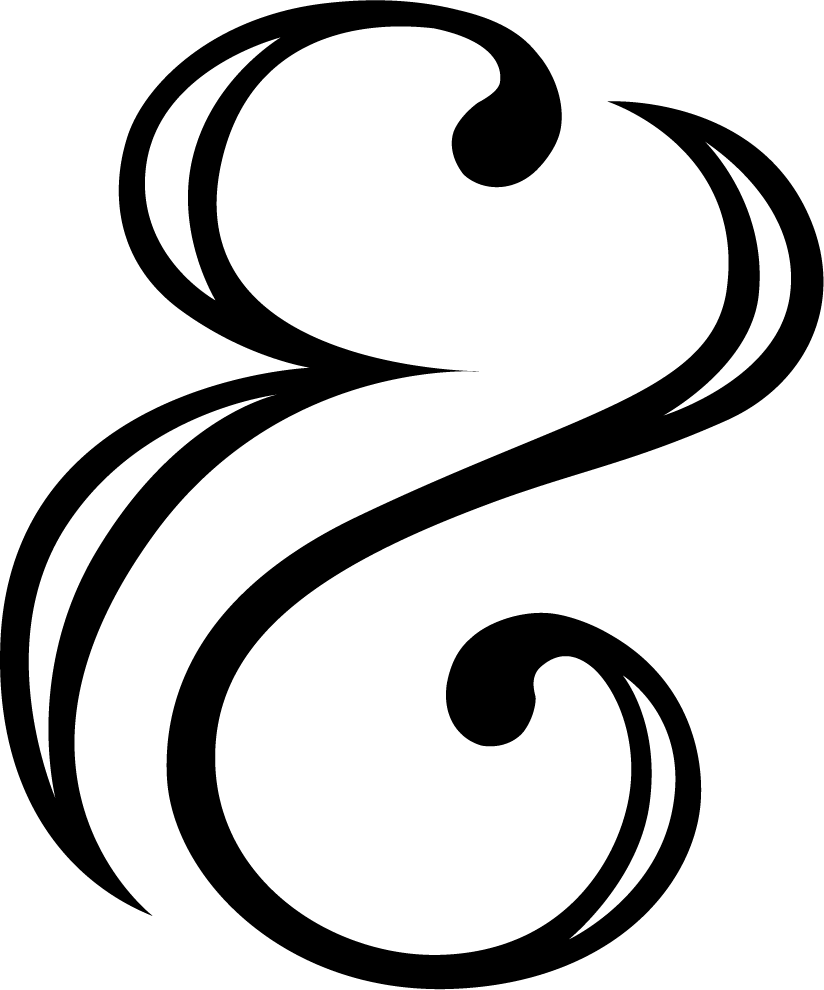The Art of Doing Nothing
Do you crave some time off, but when you get it, sit fidgeting and thinking of your to-do list?
For me, it's hard to do nothing.
I took a month off from my business a year and a half ago, and sitting still and practicing slowness was incredibly difficult even though it was what I wanted more than anything.
I kept thinking, "I should be doing this," or finding creative new projects I could work on that I had to do immediately, or feel the restlessness of sitting still with my thoughts and myself. It was like my anxiety got worse with the void of space.
Sitting still requires patience and presence, two qualities that we don't commonly practice in our busy world.
We recently took a trip to the Yukon to a remote cabin in the middle of the wilderness. It was January with frigid temperatures and snow, and we didn't have power or water at the cabin, and no cell reception. I know a few people thought I was crazy to go on the adventure, but here's the thing:
- It created a structure sufficient to my resistance for me to actually relax.
- I wasn't at home looking at cleaning to be done.
- I wasn't receiving calls that required my attention (well, I had no idea if I was)
- There weren't a million things I had to see and do at the vacation spot that I'd want to spend my time doing.
I created simplicity for myself, because the intention of my time off was to relax.
I created space where the only thing I would do is catch up on the books I really wanted to read, relax, sleep, and take a few walks admiring the winter around me. I actually had a day where the only thing I wanted to get done was wash my hair.
In reducing the stimulus I had around me, I became more present to the simple things in life that were around me: the way the snow glistened, how bright the stars were, and where the rabbit tracks were.
In our busy society and online world there are hundreds of thousands of articles on self care and the top five things to do to relax. The reason it's difficult to implement is because it's not that simple.
If we've trained ourselves to always be doing something, doing nothing will feel unnatural and likely be difficult.
We can't sit still because we've wired our brains to always looking for the next thing.
We can't forget about our to-do list because we've trained ourselves that it always must be done.
Have you ever needed a vacation after your vacation? We take time off and seem to easily fill it again, as if the space of nothingness means we're not being productive or we're wasting time. Or, even more likely, it's because that's what we know how to do with time in our schedule: fill it up.
In doing nothing there's an anxiety that comes up as our minds search for something that was supposed to be done or that we're supposed to be planning for. It's as if doing nothing creates a void that isn't natural, and alerts our minds to think harder about what we may have missed.
So we go back to filling in the time, if for no other reason than to distract ourselves.
What we don't realize is that the very thing we want most is also the thing that we've trained ourselves to not do.
In creating relaxation and self care that is actually nourishing, it requires re-training yourself from constantly looking for what's next to relaxing, unwinding and de-stressing.
It means creating structures that allow you to take time off (like asking for help, delegating, and trusting others can take care of things while you're gone). And, if you're like me, sometimes those things aren't don't come to you easily because you're a control freak perfectionist.
And, the more you practice, the easier it gets.
